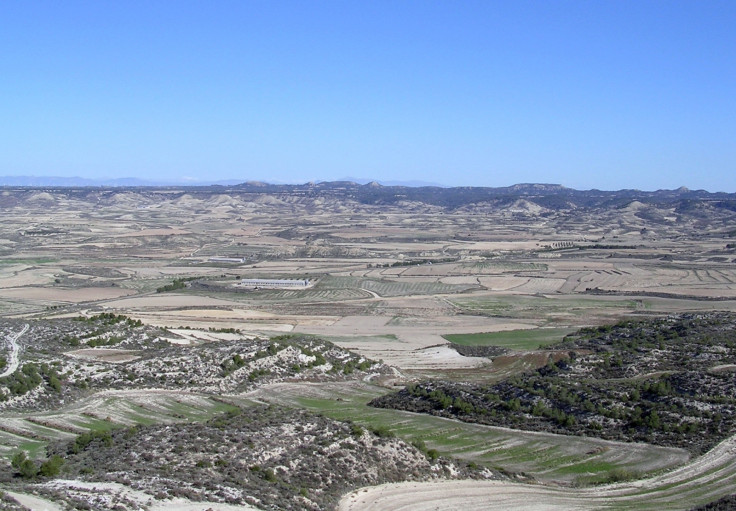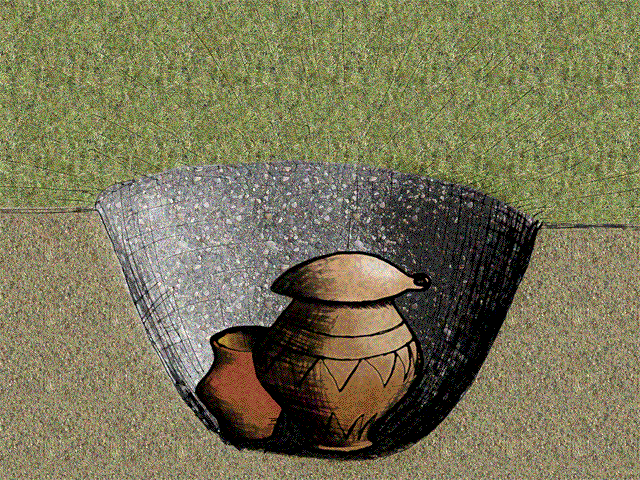3,000-year-old necropolis discovered in Spain contains clues about Urnfield culture
The Urnfield culture cremated the dead and buried their remains in urns.

Archaeologists have discovered a 3,000-year-old necropolis in an arid region of Northern Spain, Los Monegros. Urns containing the cremated remains of ancient people were recovered from below the earth.
They had been excavating a burial ground dating from the time of the Visigothic Kingdom (5th to 8th centuries CE) but they suspected that much older burials could be located in the vicinity. Finding the necropolis has allowed them to confirm this theory.
This is the fifth archaeological campaign in the area, but this specific discovery is particularly important because it reveals the past presence of the Urnfield culture.
This Late Bronze Age culture existed in Europe from about 1300 BCE to 750 BCE and was so called because it developed a tradition of cremating the dead and placing their ashes in urns which were then buried in fields.
Beyond these unique rituals, not much is known about this culture. The urns identified here and the remains they contain are about 3,000 years old and so they date back to the time of the Urnfield culture.
As such, the discovery is very interesting to archaeologists, because it could bring new clues about how the Urnfield culture evolved in Spain, who these people were and what they believed in.
Remains of the Urnfield culture had been found previously in the region, so the findings also complete this picture and confirm the extensive presence of these people 3,000 years ago in Spain.
"This necropolis is of significant archaeological interest and spans a period about which there is still a lot to learn", said Hugo Chautón, lead archaeologist on the project.
"The existence of a necropolis associated with the Urnfield culture, which was there before the Visigothic cemetery, was something we had hypothesised but that we had not been able to observe before. This discovery is adding a lot of value to our investigations at the site."

© Copyright IBTimes 2025. All rights reserved.






















